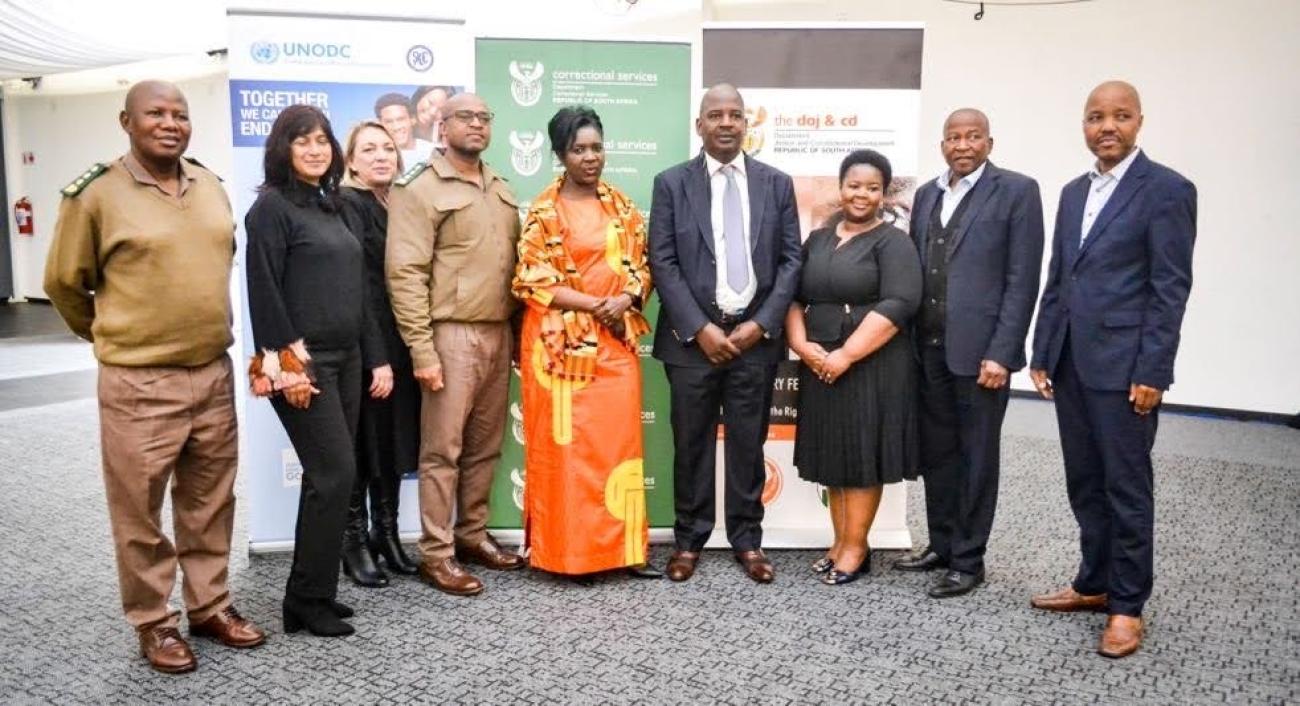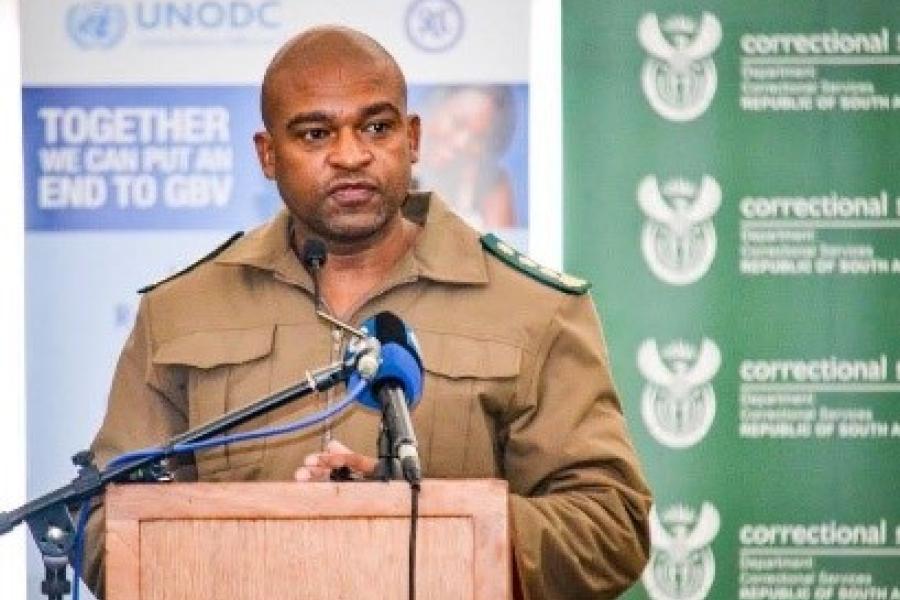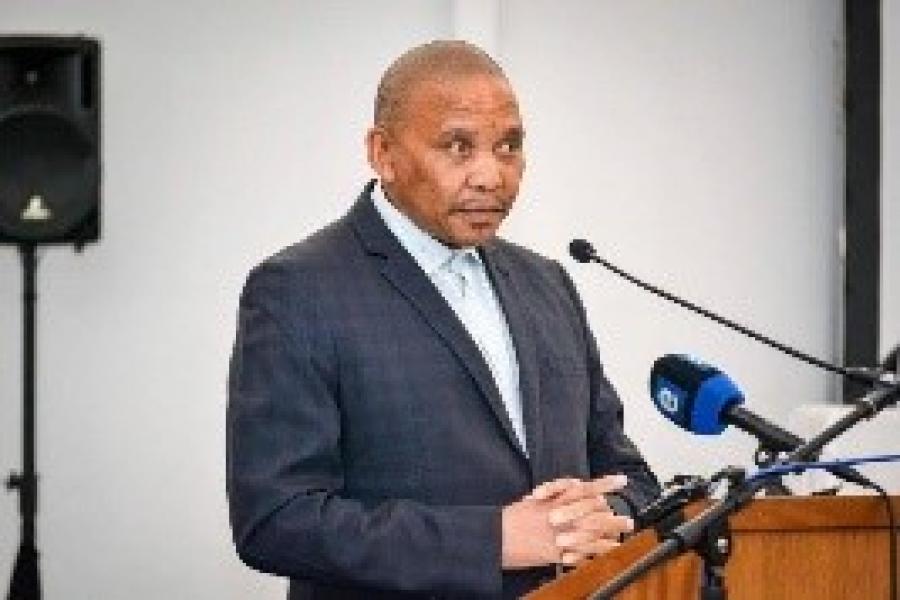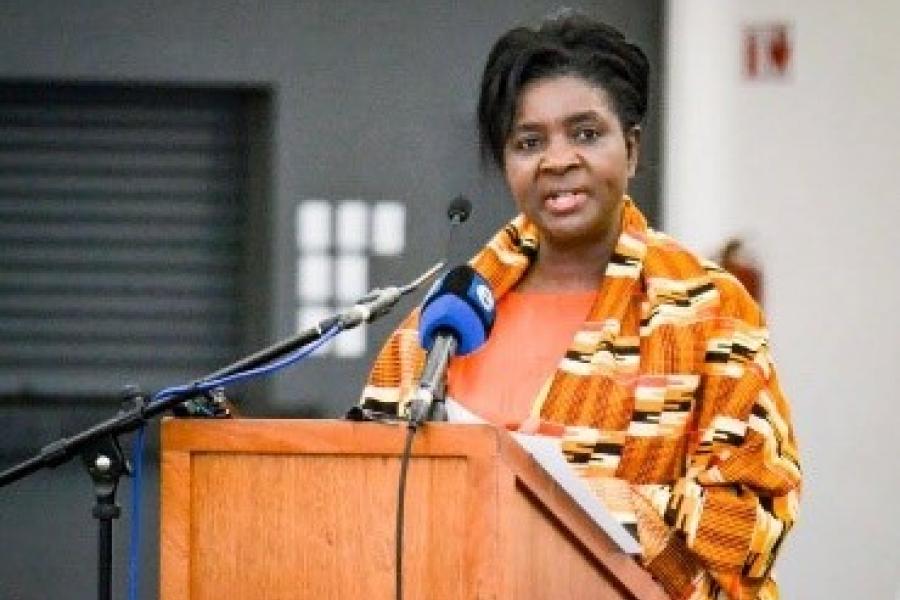Traditional Leadership urged to play positive role in fighting gender violence

As symbols of unity and tolerance, traditional leaders are part of the authorities best placed to reverse the epidemic of gender-based violence (GBV).
Recognizing the key role traditional leaders play in the fight against gender-based violence, the United Nations Office on Drugs and Crime (UNODC), organized a workshop in Limpopo Province on the issue in partnership with South Africa’s Department of Correctional Services.
Violence against women in the country is widespread. Although the rates at which women are exposed to violence vary from one country to another, statistics indicate that the scourge is universal as women are subjected to different forms of violence both within and outside their homes. The UN Secretary-General, Antonio Guterres has described violence against women as “reaching epidemic proportions.” Indeed, 35% women worldwide have experienced either physical or sexual violence.
In South Africa, it is estimated that seven women are being killed each day. According to the UNODC global homicide report, compared with other countries where statistics are more readily available, South Africa ranks among the five countries with the highest female homicide rates. The report says most of the women victims are killed by intimate partners husband or boyfriend) or a family-related homicide (father, brother, son, etc.).
As symbols of unity and tolerance, traditional leaders are part of the authorities best placed to reverse the epidemic of gender-based violence (GBV). They can address the systematic, social inequality and disempowerment of women at the grassroots level. They can also engage men to be activists in countering GBV.
Female traditional leaders are key access points in supporting women to fight GBV and to report it to law enforcement agencies. Since GBV disrupts social order and cohesion in local communities, there needs to be a close link between the traditional leadership and the justice system.

In his opening remarks at the workshop, the Regional Commissioner for Correctional Services, Tlabo Thokolo, highlighted the significance of the partnership with the traditional leaders, noting that “offenders, after serving their sentences, should be integrated into the community to lead better lives. They need the endorsement of the House of Traditional leaders in order to be accepted by the community”.
Zama Mopai, a lecturer at the University of Venda, said there is an academic curriculum on traditional issues and customary law. “Many crimes are done in the name of culture, and hence, over time we are not able to define the meaning of culture,” she said, adding “but it should not take the fall for GBV and other crimes.” She noted that culture was a living thing that evolves and reflects the soul and needs of the community, and can accommodate and address emerging issues like GBV and drug abuse.
The leader of the House of Traditional Leaders, Hosi Ngove, expressed his willingness to have a formal relationship with UNODC and the Department of Correctional Services. He observed that the majority of victims and offenders come directly from rural areas, and it was the responsibility of traditional affairs to address crimes like GBV. He said he was disappointed by the delay in the passing the Traditional Court Bill.

Deputy Minister Nkosi Holomisa emphasized the significance of a partnership with the House of Traditional Leaders, who are part of the solution to address GBV.

The UNODC Regional Representative, Jane Marie Ongolo, highlighted the appalling statistics related to the killing of women and children, and emphasized the importance of achieving Sustainable Development Goals 5 and 16; and the role of “female traditional leaders in creating “an enabling environment” for increased reporting, referral and support of GBV cases.
UNODC’s Linda Naidoo shared three key outcomes from the workshop, which included building the capacity of traditional leaders, especially female traditional leaders; promoting gender equality and women’s empowerment within communities; and developing a guideline that incorporates the role of traditional leaders in addressing GBV and the killing of women.




